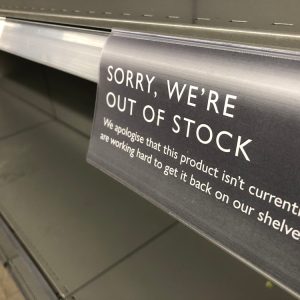The contract is an attempt to improve access to a greater range of specialized movies, such as arthouse, documentaries and foreign language films, across the country.
Under the terms of the deal, the Arts Alliance Digital Cinema (AADC) will supervise the selection of up to 150 cinemas, expected to be announced in May, which will replace their traditional mechanical projectors with high definition projectors and computer servers stored on computer hard drives.
Each chosen cinema will guarantee a certain amount of specialized shows a week in return for their celluloid equipment, in a move that is anticipated to start in the autumn of this year with the final installation penciled in around 18 months later.
The aim of the agreement is to reduce the cost of duplication and distribution of standard 35mm prints by compressing an original one terabyte-size file into a 100-gigabyte film, enabling theaters to show specific titles for an unlimited amount of time, in a process that is hoped to cut the price of a film from £1,500 to £80.
In addition, the AADC will, if required, utilize a QuVIS Acuity to create digital cinema masters for specialized film content. The QuVIS Acuity tool offers real time mastering from film or tape and has the ability to directly ingest animated masters.
The films will also be encrypted to prevent piracy and each participating cinema will have a key to unlock the movie.
This mastering process is employed with the intention of providing flexibility for audio and the chance to incorporate subtitles. After the encryption procedure, the secure content is loaded to hard disk for delivery to the cinemas, where the content is then loaded from disk to a QuVIS Cinema Player.
Currently, the specialized film market covers 10 million of all cinema admissions, according to Timesonline, out of a total of around 170 million. This latest effort to revolutionize a niche media industry has been reported as an extension of what is presently occupying Hollywood, where post-production work on feature films is now being done digitally.
The agreement with AADC runs for the period of installation and rollout, plus another four years. Some of the organization’s suppliers taking part in the contract include Christie Digital Systems and NEC (supported by Digital Projection Ltd), which said they will supply 2K DLP Cinema Projectors, and QuVIS, which will supply servers. The AADC will also work with Impact Marcom, Sound Associates, The Metropolitan Film School and the BKSTS to provide these services.






